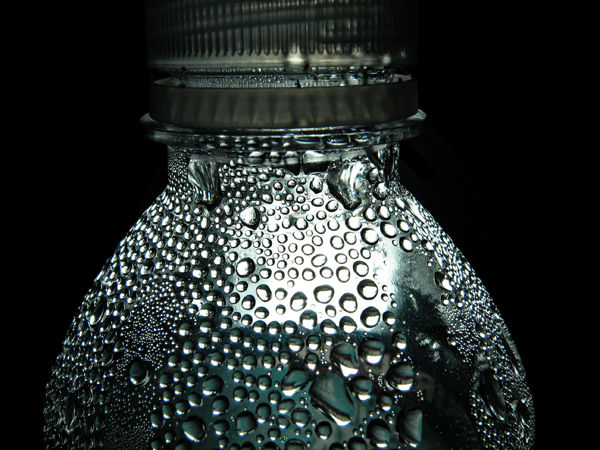

Members of the Hydration Committee and H20ccupy are working with the Office of Campus Sustainability and Facilities Management this semester to examine water fountains on the campus of SUNY New Paltz.
The goal of the testing is to encourage the use of reusable water bottles and to allow an easier way to drink clean, healthy and free water, according to Lisa Mitten, sustainability coordinator at SUNY New Paltz.
Mitten said the purpose of this project is to identify water fountains that can be retro-fitted with gooseneck water bottle filling faucets — nozzles that will make refilling water bottles easier.
“These gooseneck faucets will further promote a culture of reusable water bottles on campus,” Mitten said.
Mitten said once the surveying is complete, the students and sustainability staff will analyze the results to see which water fountains on campus can be fitted with gooseneck faucets and determine which water fountains on campus that need to be replaced or repaired.
Their budget for fixing fountains will depend on how many water fountains need to be fixed and whether or not a $40,000 grant they received through Campus Auxiliary Services from PepsiCo will be put towards the project, which is unclear at this time.
Shannon Fabiani, a fourth-year psychology major, was asked to be involved with this project because of her experience as a Sustainability Committee intern last semester, as well as her desire to help make SUNY New Paltz a disposable water bottle free campus.
Fabiani said when fountains are inspected, they take into account how well it works and the amount of traffic around its location.
So far, Mitten said they found a water fountain with a gooseneck faucet at Hasbrouck Dining Hall.
Mitten said the new faucets on campus will be installed this year.
“Facilities operations will be installing a test gooseneck faucet on one water fountain on campus,” Mitten said. “During the rest of the school year, additional water fountains will be equipped with gooseneck faucets.”
The hardest part of this process will be educating the campus on the change to reusable bottles, Fabiani said.
“The biggest step to tackle though is the shift of students and professors to be on board with the sustainable change,” Fabiani said. “Most people are used to water bottles. Education on the importance of using the fountains over water bottles will be a huge part of this project.”
Fabiani said they are putting the information they’ve found into an updated floor plan of the water fountains on campus, so each one is labeled and recognizable. This will allow maintenance to know the exact location of each water fountain that’s chosen to be renovated and receives a gooseneck addition.
Fabiani said the changes made will provide cleaner water for the campus.
“While most people assume bottled water is safer than tap water, evidence shows that tap water is tested daily, compared to weekly testing of bottled water,” Fabiani said.
Current Sustainability Intern Annie Courtens said this project may have a major impact on the campus in the future.
“Thousands, if not millions of disposable plastic bottles could be saved over the course of a few years once and if bottled water is banned on campus,” Courtens said.
